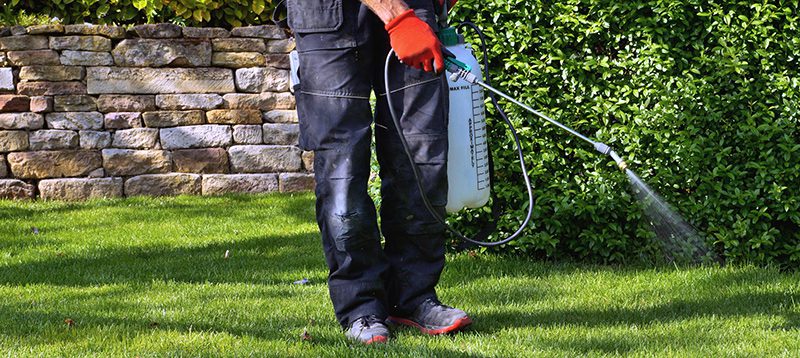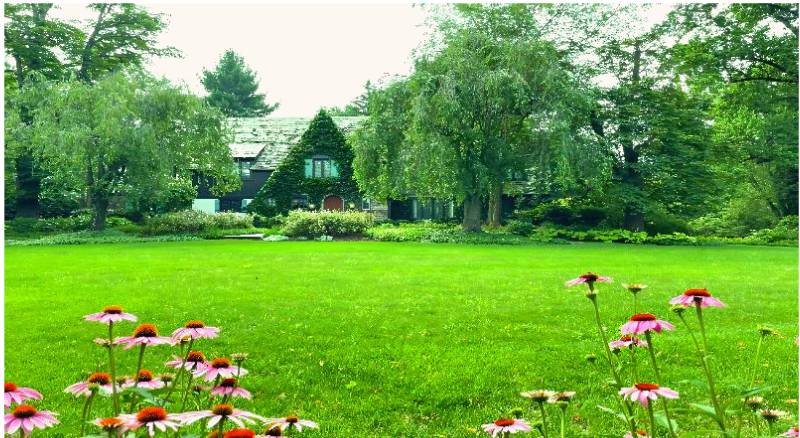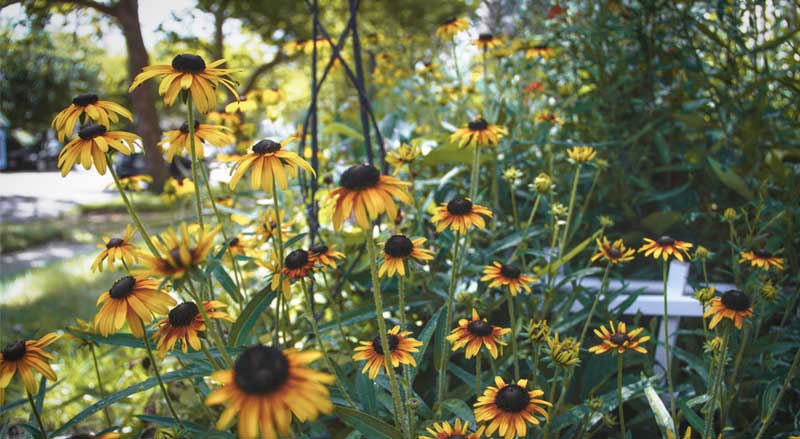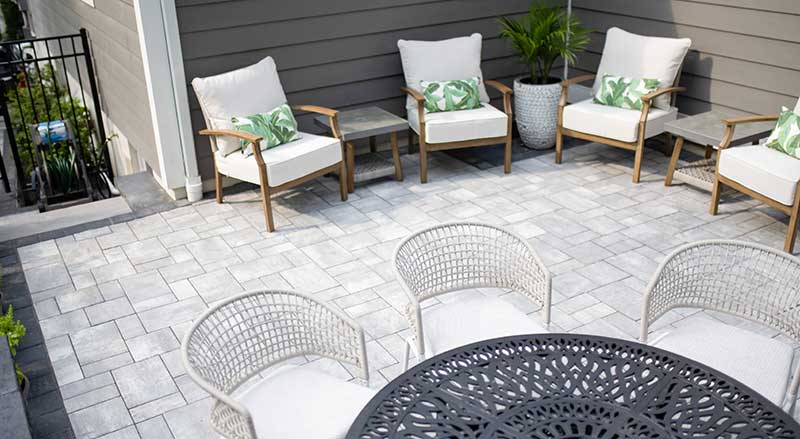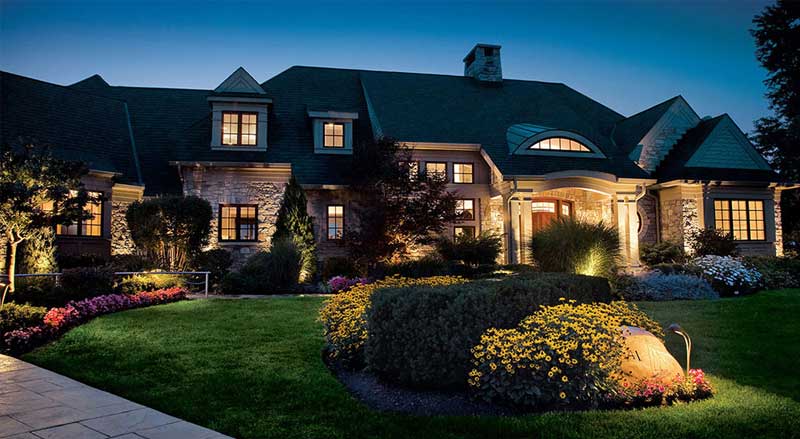In landscape design and maintenance, it’s necessary to support plant health. The best way to do this is often with oils. Horticultural oils are oils that can be used safely on plants to deter pests, such as mites, and even deer. They are often, though not always, organic methods of pest control.
Choosing the right horticultural oil for your landscape will depend on the season. Certain landscape spa treatment oils will help during the growing season. Others are designed for a dormant winter landscape that is building up energy for spring. Here’s why even your landscape could use a spa treatment this season.
What are the Horticultural Oils?
Most horticultural oils are predominately either mineral-based paraffin or olefin. These mineral oils are transparent, colorless, odorless, and tasteless. They create a good base in which other active oils can be added.
In horticultural oils, active oils are mixed in to provide for better pest control. One of the most common types of active horticultural oil is neem oil. Neem comes from a type of mahogany tree grown in the tropics. The bark, leaves, and seeds are used to make medicine. Neem is a natural deterrent to pests and can be used on all types of plants, including produce.
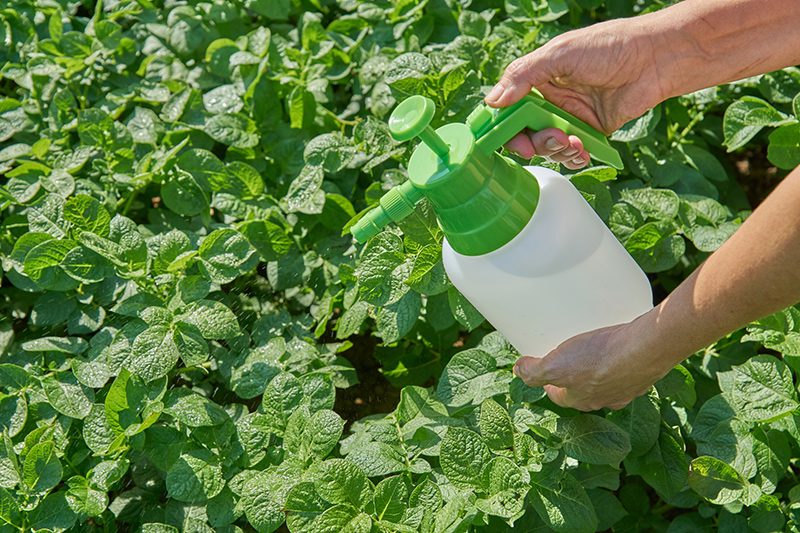
Some horticultural oils for landscape spa treatments contain other active ingredients. These ingredients include sesame, cottonseed, and soybean. The time of year, plants being treated, and types of pests will determine the proper spa oil treatment.
Pest Control with Horticultural Oils
Horticultural oils are used to treat against a multitude of pests. They are most effective against soft-bodied pests including aphids, adelgids, spider mites, scale insects, mealybugs, plant bugs, and some caterpillars. Oils do well against pests rather than things such as mold, which can also be very damaging to a plant.
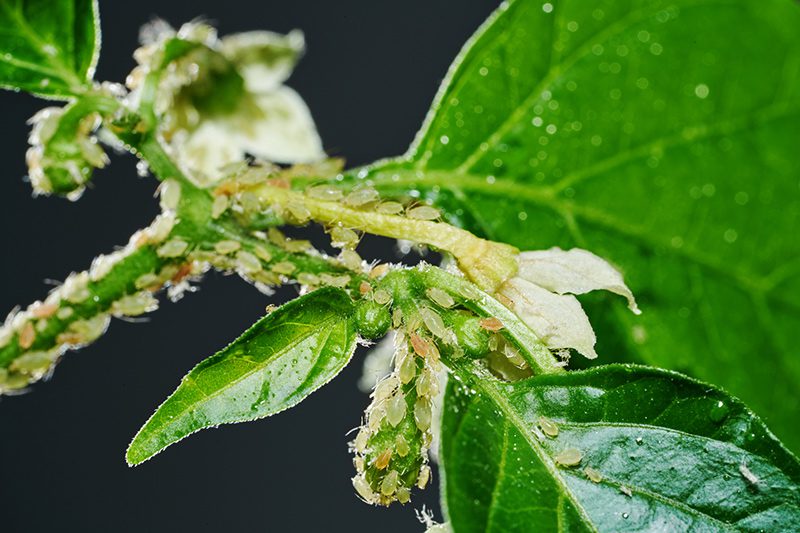
Sometimes oils are diluted while other times they come in a concrete form. Homeowners should always check to see whether they need to dilute horticultural oils before they start using them. Because oils can be extremely potent, they can ultimately damage plants if applied incorrectly.
Horticultural oils are sprayed directly onto dormant woody plants and shrubs. Being proactive about pest control is key. Ideally, it should be done before pests are even seen.
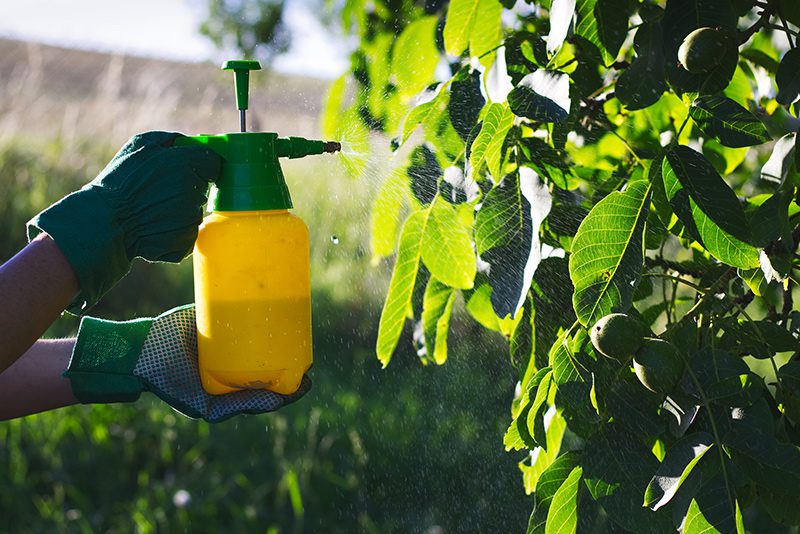
Proactive applications of these oils can prevent pests from gaining a foothold and damaging plants. However, horticultural oils can be used successfully to deter pests even after they have begun taking over a plant. This process will just take longer to be effective at keeping pests away.
Advantages of Using Horticultural Oils
A spa treatment for your landscape may sound silly at first, but the benefits it provides will win you over.
• Horticultural oils are very effective against a wide spectrum of pests. Not only can they defeat many types of common garden pests, but they can even defeat things like powdery mildew. Thus, they’re a good catch-all for your plants to stay safe. Otherwise, an individual might need to use multiple types of chemicals to treat various issues.
• With pesticides, precautions must be taken to prevent serious harm. And while the application of pesticides may seem like the most dangerous part of their use, it’s not. Pesticides can harm anyone (or thing) that they contact. This includes children, pets, other vegetation, soil, birds, bees, and other wildlife.
• Horticultural oils are safe to use without worry. They are generally safe for both people and animals. You won’t be bringing long-lasting toxins into your landscape or home.
• Horticultural oils breakdown over time. After they defeat pests, horticultural oils degrade and lose potency. That means that they don’t disrupt insect populations as much as traditional insecticides. It also means they won’t leech into groundwater creating a toxic environment.
• Horticultural oils are easy to add to your landscape routine. Ask your landscaper about including it in your scheduled maintenance. The key to application is knowing which oils to use and when. Having a seasoned expert to guide you through the process will significantly help provide a positive outcome.
How Horticultural Oils work as a Landscape Spa Treatment in Winter
During the winter, plants, bushes, and trees generally go dormant. These plants are conserving their energy for the growing season. And because they are dormant and less able to fend for themselves, it’s more likely pests will attack.
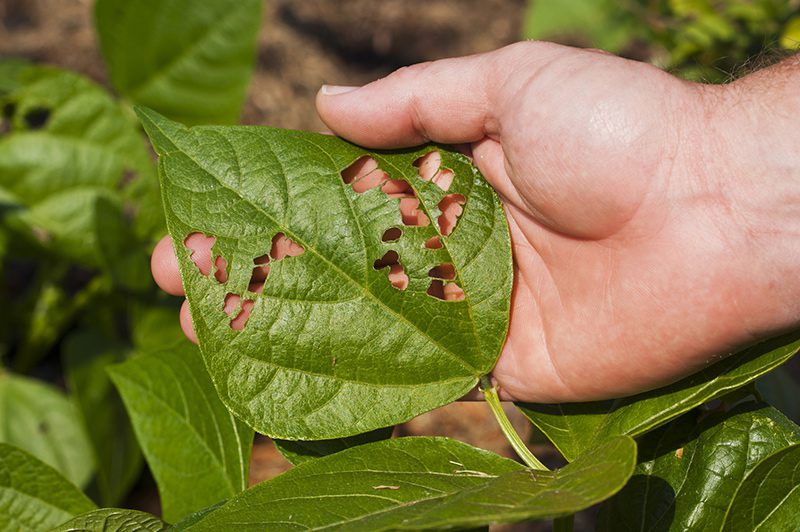
Therefore, a proactive treatment plan can be the best way to control pests.
Not all plants should receive a winter spa treatment. Plants, trees, and shrubs that aren’t dormant should be treated with caution. Using horticultural oils like neem on trees and plants that aren’t dormant can damage delicate buds, flowers, leaves.
During other seasons, there is a variety of horticultural oils that will help your entire landscape. They tend to be less potent so that they can provide a blanket effect.
Horticultural oils can keep your plants and landscape protected — without harsh chemicals. Contact your landscaper to discuss the plants you want to protect with a winter landscape spa treatment!

